(March 25, 2023) Earlier this year, chef and restaurateur Reena Pushkar received the Pravasi Bharatiya Samman from President Draupadi Murmu and EAM S. Jaishankar. Known as the ‘Curry Queen’, Reena Pushkarna introduced Israel to Indian cuisine and owns the country’s most iconic Indian restaurant chain, Tandoori. Reena and her husband, Vinod, have been in the business for nearly four decades and operate restaurants across Israel and also in Singapore. In 2003, they established PRESKO Food Industries, making ‘kosher Indian food’. Global Indian takes a look at Reena’s remarkable journey and her contributions to India’s soft power in Israel.
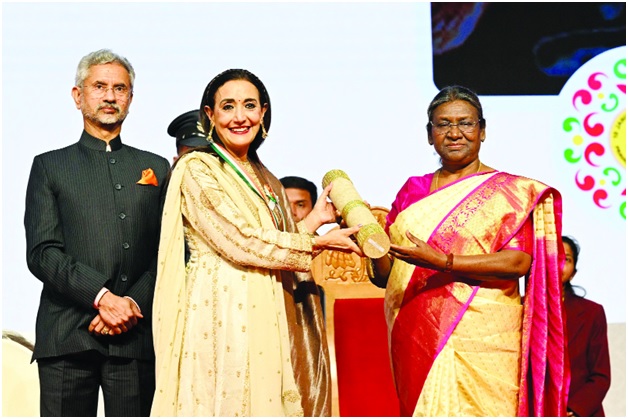
Reena Pushkarna receiving the Pravasi Bharatiya Samman 2023
Thaalis to chicken tikka
In the early days, Ichakdana, Israel’s first Indian restaurant, named after the famous Raj Kapoor film, Shri 420, remained empty, night after night. This was the early 80s and nobody knew India, or its vegetarian food. Instead, patrons flocked to the middle-eastern restaurant next door, for the kebabs and grills. In fact, that place was so packed, staff would stop by Ichakdana to borrow tables and chairs. Ichakdana’s owners, Reena and Vinod Pushkarna, persisted. Slowly, the Indian community got wind of the place and began trickling in at night, bringing their transistors with them to listen to their favourite Bollywood hits. Before they knew it, they were borrowing tables and chairs from the place next door.
The Tandoori legacy
One year later, they opened Tandoori, which has become the stuff of legend in Tel-Aviv. Reena knew the Israelis would love the “chicken tikkas and Nargisi koftas.” She even handed out complimentary servings, and shrewdly got her friends to sit by the window, so passers-by would think the place was full. This was 1984. The place became so popular that it took over the lobby of the Commodore Hotel – it was a lively place, full of Bollywood music and dancing – Reena would bring professional artistes from India to perform.
The Pushkarna’s renown grew exponentially and in 1990, in walked a very special guest – Prime Minister Benjamin Netanyahu, who was on a first date with Sara Ben-Artzo, the woman he would go on to marry. They took a seat at a corner booth – that green couch, “Table No. 8,” Reena calls it. It was also the start of a lifelong friendship – Netanyahu and his wife are still regulars at Tandoori Tel-Aviv.
“I knew about it but I didn’t tell anybody,” says the Global Indian. Actually, it was Netanyahu who spilled the beans, when Prime Minister Narendra Modi came to visit. That night, the two leaders met at Netanyahu’s home for dinner – and Reena Pushkarna had been asked to cater the special meal. During the evening, Netanyahu said to Modi, “I would like to tell you a secret. My first date was in Tandoori Tel-Aviv. It was so successful that I invited Reena Pushkarna and her chefs again to create that magical evening with India.”
Today, Reena Pushkarna and her husband run eight Indian restaurants and seven fast-food places in Jerusalem, Tel Aviv and Herzliya Pituach. Reena is also the go-to person when an Indian delegation comes to visit. Each visit takes upto a month of preparation, from sourcing spices to creating menus that are in keeping with ‘kashrut’, the Jewish laws regarding food. In 2011, she expanded to Singapore, opening up Pita Pan in Marina Bay Sands – an all-vegetarian, Mediterranean restaurant.
Her own Cordon Bleu
Reena was born in 1958, to a Sikh father and an Iraqi-Jewish mother. In 1975, not long after her sixteenth birthday, she was married off, to 20-year-old Vinod Pushkarna. “He was sailor, whom I first met when I was 12,” she said. Vinod was in the Merchant Navy and when he became a Captain in 1977, Reena joined his seafaring life. “During the nine years on board, like all sailors’ wives, I too was lonely. My interest in the kitchen became my ‘Nine years of Cordon Bleu’. The chefs from different countries got me to learn their cuisines.” Along the way, the couple decided they wanted to move to Israel and in 1983, opened up Ichakdana, where they served chaat and vegetarian thaalis.
Business was a struggle, until Reena persuaded her husband to start a non-vegetarian place. “I looked after cooking, catering to preferences of the guests, designing my kitchen, traning my chefs, restaurant decor and so on. But logistics and business, I happily left to him,” she says.
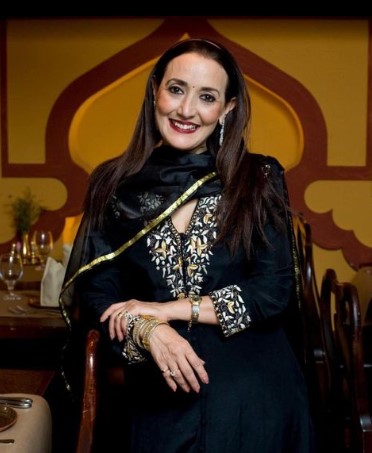
Building an empire
In 2003, Reena and Vinod set up PRESKO Food Industries, which produced kosher Indian food. By this time, Israeli backpackers were flocking to India and the cuisine was well known. PRESKO was supplying meals to the Israeli army, the Indian Peace Keeping Force at Golan Heights, El Al Airlines, Korean Air, Air India, Unilever and around the world – the Pushkarnas had entered the big league.
The couple’s two kids – Sarina and Kunal also pitched in to help. “Sarina, who is my best friend too, started working at our restaurants from the age of 14,” Reena says. Sarina, who is now married with three children of her own, is based in Singapore and serves as Associate Director, Global Media Communications, Marina Bay Sands. Kunal also lived in Singapore for the better part of a decade before returning to Israel to work in the Tandoori Chain and launch his own venture, Tika Pika.
Tabling history
Benjamin Netanyahu’s visit set the ball rolling for Tandoori. In October 2015, former Indian President visited Israel at the invitation of President Reuven Rivlin. Two years later, PM Narendra Modi landed in Tel Aviv, becoming the first Indian PM to visit Israel. And Reena Pushkarna was there on each occasion, as the chef – and unofficial ambassador of Indian cuisine in the Middle East.
That’s not all. The famous ‘table number 8’ at Tandoori Tel Aviv was also witness to the Oslo Peace talks in 1993, the peace talks between Israel and Palestine facilitated by Norway. Any official designated to India begins his assignment with a visit to Tandoori or Kohinoor. Reena was also a member of the Israeli Prime Minister’s first ever visit to India, during which she was introduced as the “most loved and respected Indian in Israel, who taught us all the meaning of Indian food.” Celebrities like the ace Indian conductor Zubin Mehta, actor Sophia Lauren, former Israeli PM Yizhak Rabin and President Shimon Peres have all eaten at Tandoori.
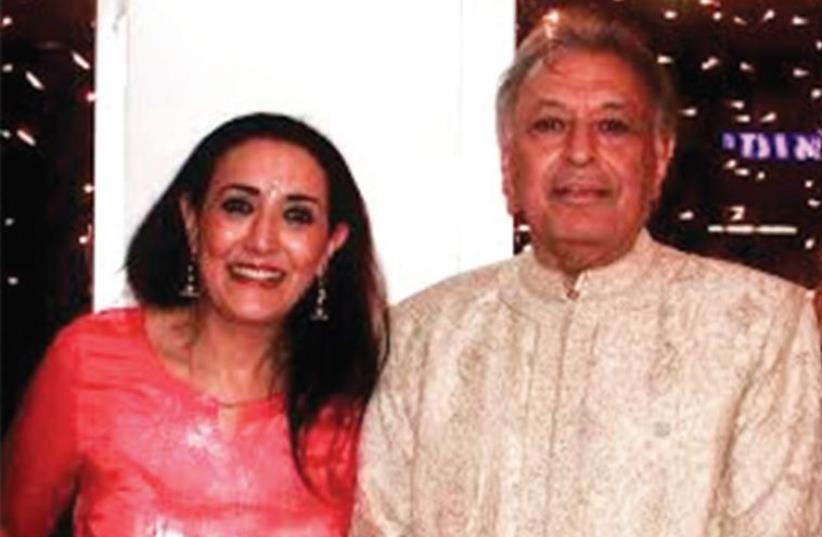
Reena Pushkarna with Zubin Mehta
“I am proud of my heritage,” Reena remarks. “Mine has been an effort to conenct people and in the process, I have also been witness to all the milestones in the evolution of the strong ties between India and Israel. She’s the pride of the Indian community in Israel too – in 2023, she was congratulated by Kobbi Shoshani, Israel’s consul general in Mumbai, who said, “For me and mylate father, you were the Taste of India for many years.”
Promoting India’s soft power
Reena has also been an integral pillar of Indian cultural relations in Israel. She faciliates and enables Bollywood productions in the country and was recognized in 2004 by the Israel-Asia Chamber of Commerce. She is also the Honorary President of the Central Board of Indian Jewish Organisations of Israel, the convenor of the Israel Chapter of the Overseas Friends of the BJP and a Board Member of the Indo-Israel Friendship Association.
Follow Tandoori on Instagram.

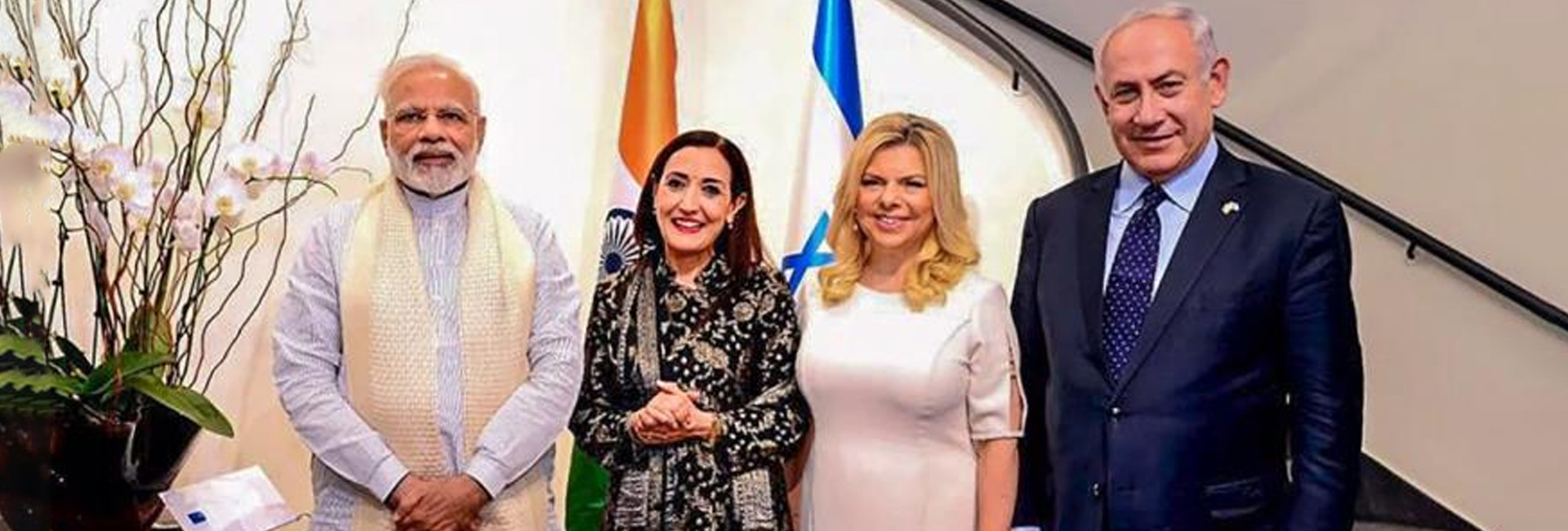
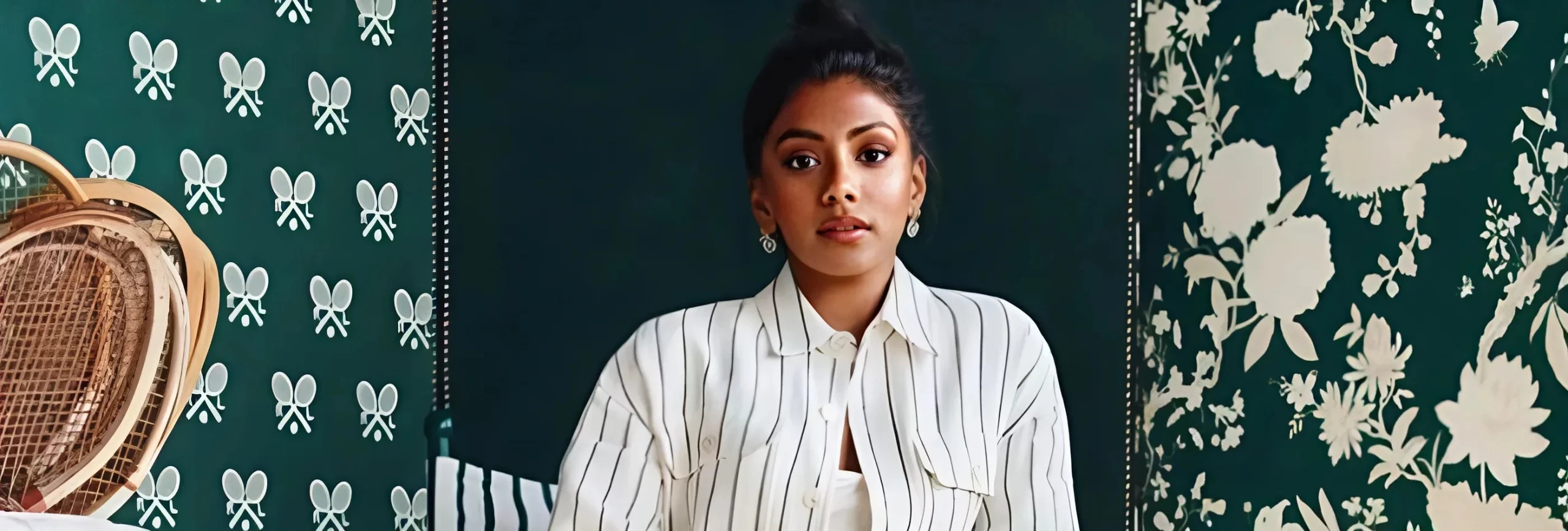
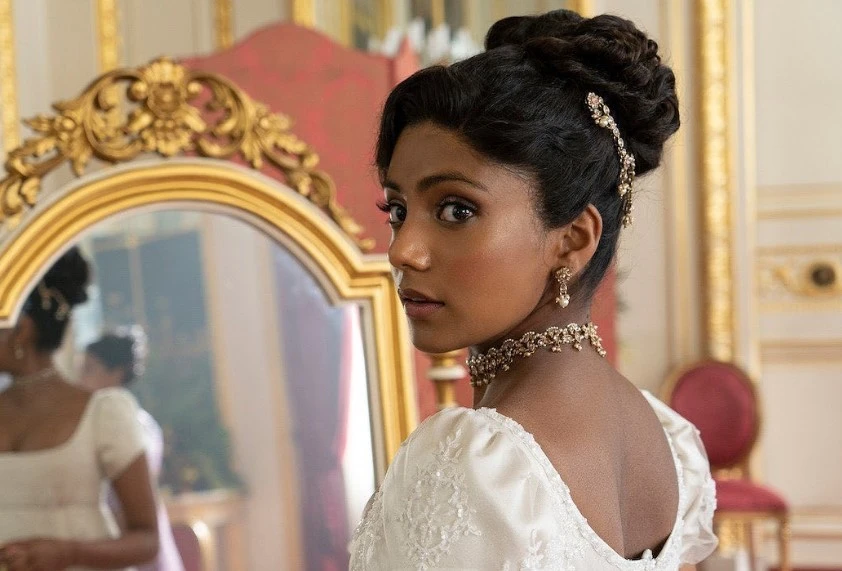
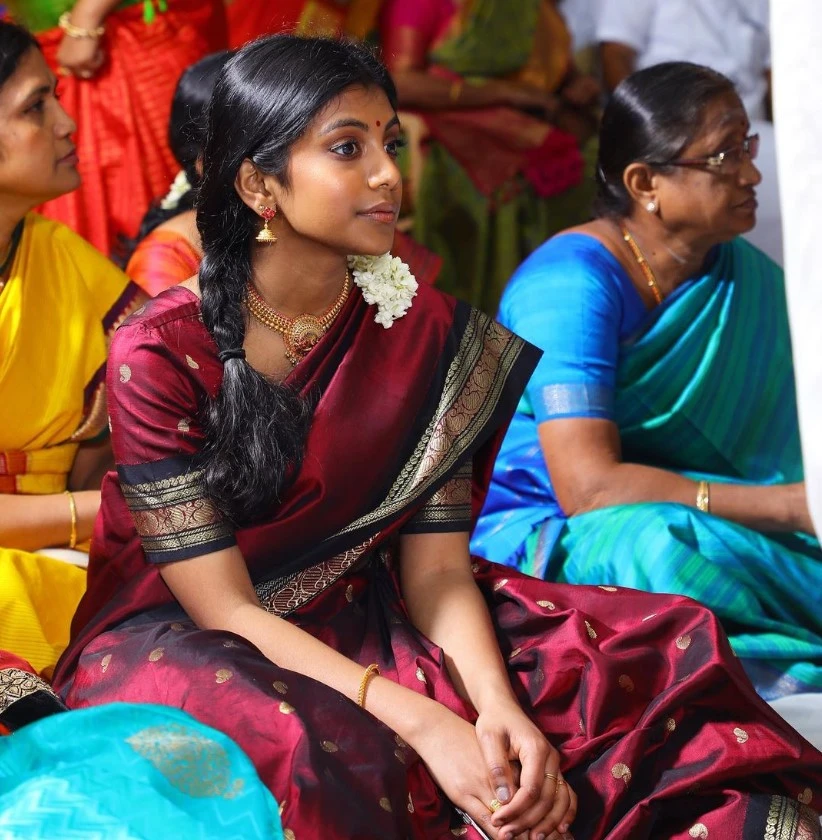
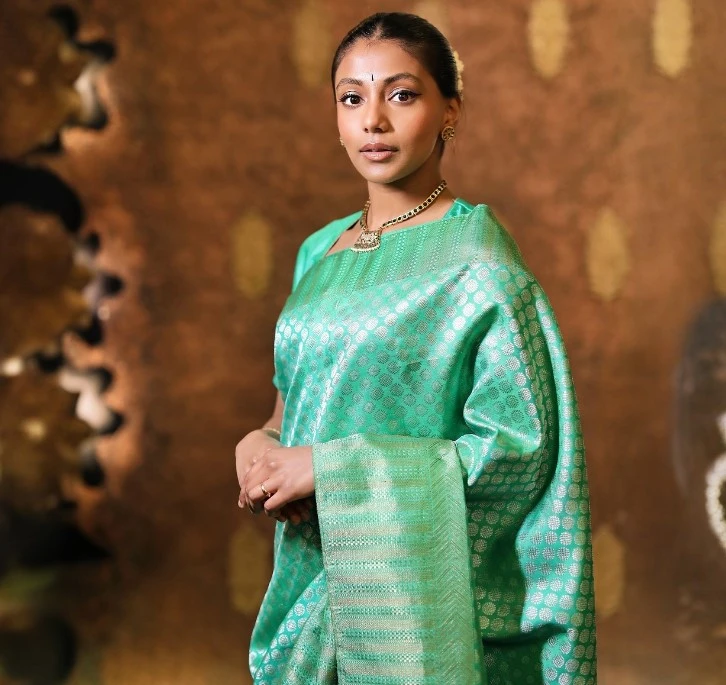 Indian Actor | Charithra Chandran | Global Indian[/caption]
Indian Actor | Charithra Chandran | Global Indian[/caption]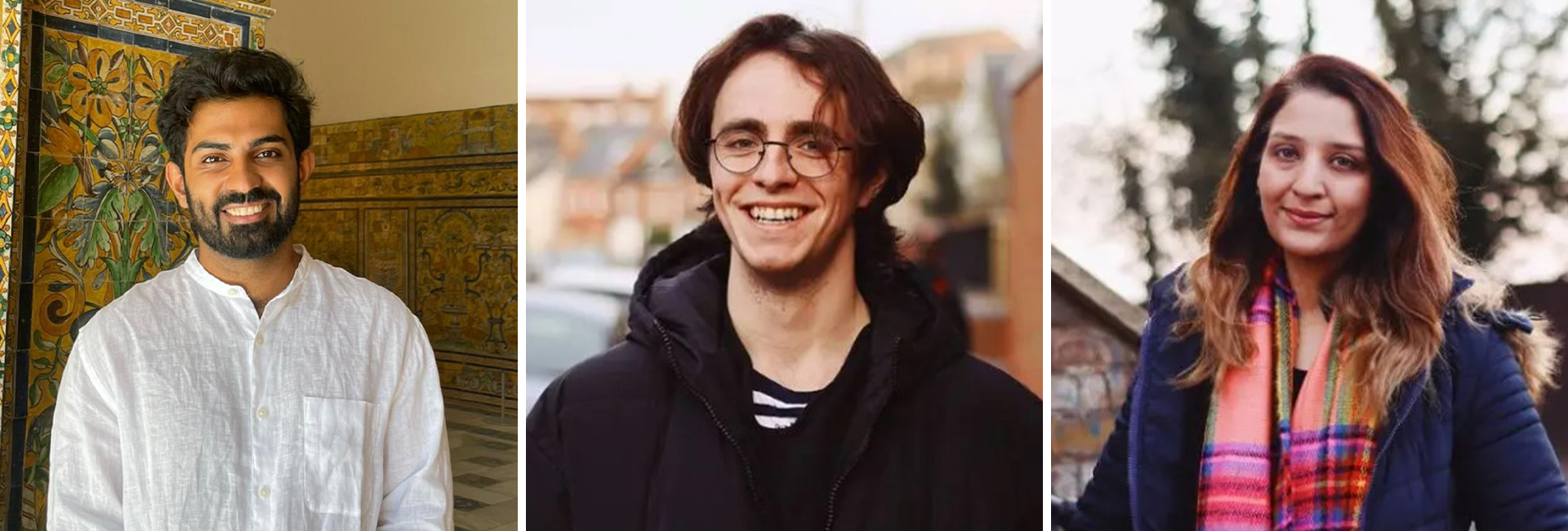
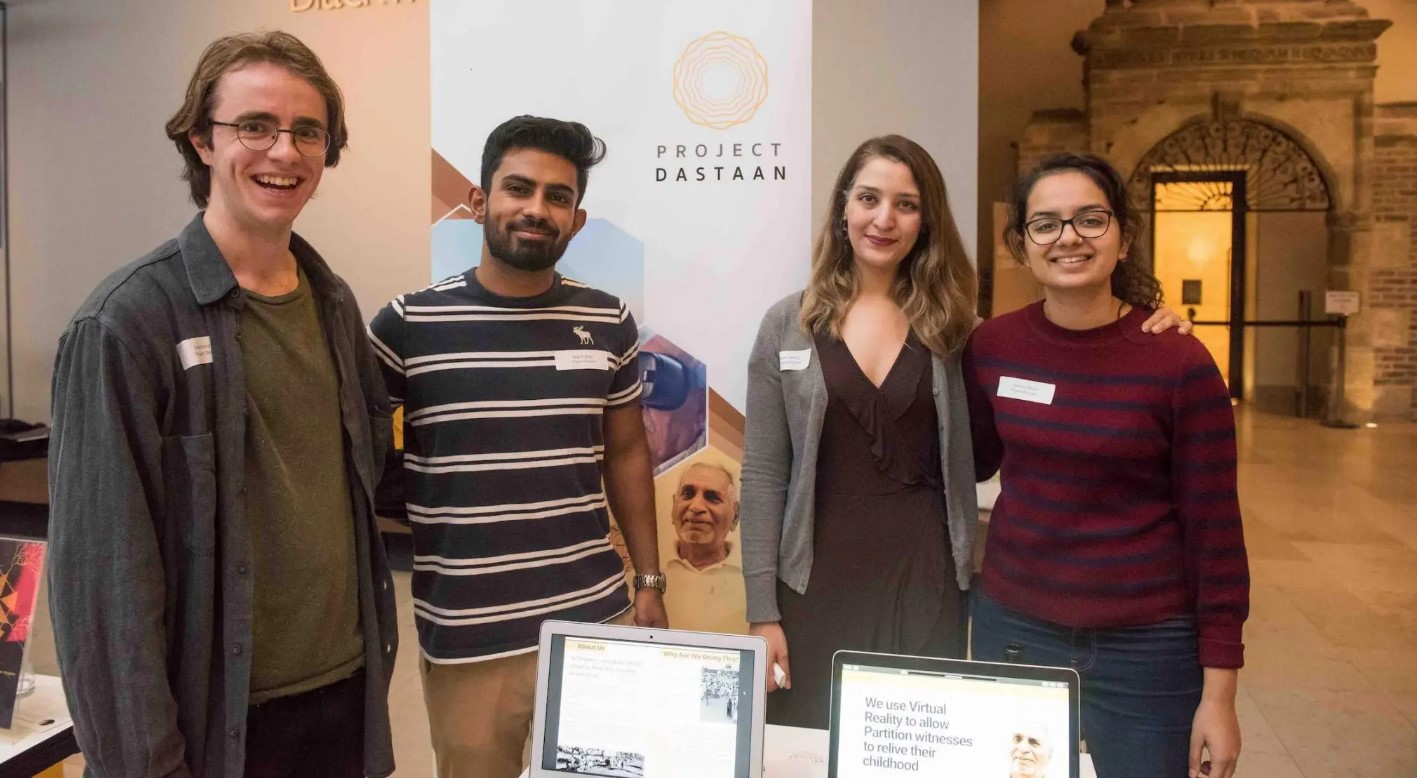 From left to right: Sam Dalrymple, Sparsh Ahuja, Sadia
From left to right: Sam Dalrymple, Sparsh Ahuja, Sadia 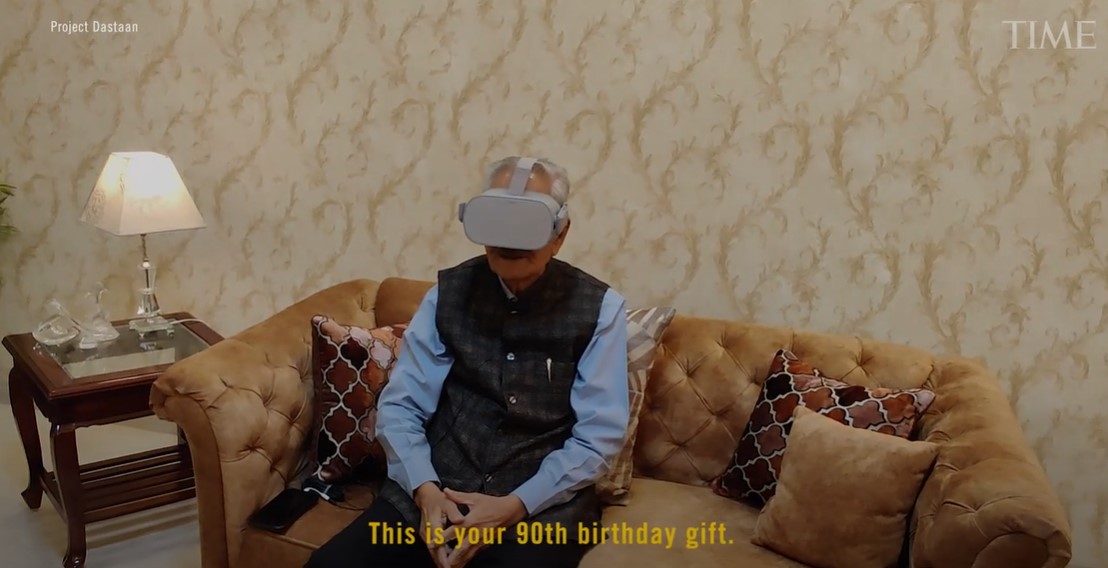 A still from the TIME's coverage of Project Dastaan[/caption]
A still from the TIME's coverage of Project Dastaan[/caption]
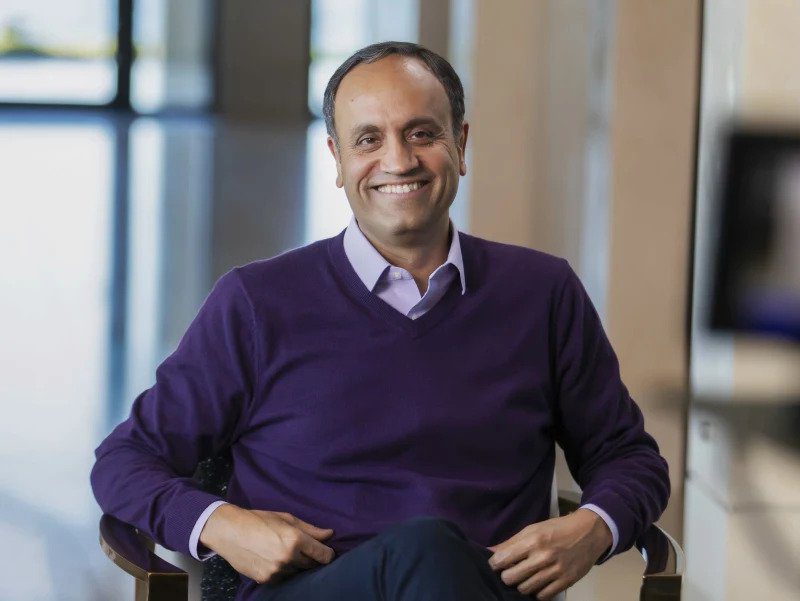 Sunny Singh is the founder of RoundGlass[/caption]
Sunny Singh is the founder of RoundGlass[/caption]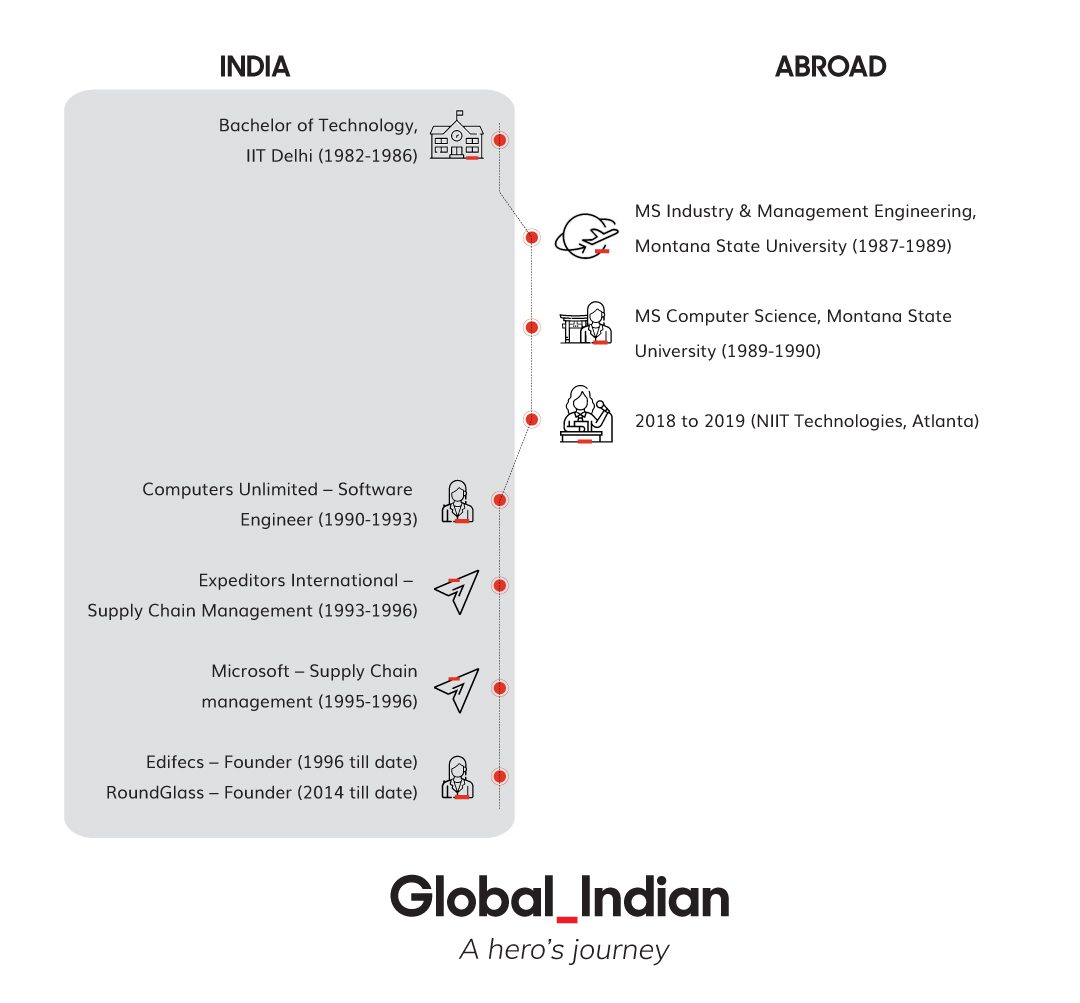
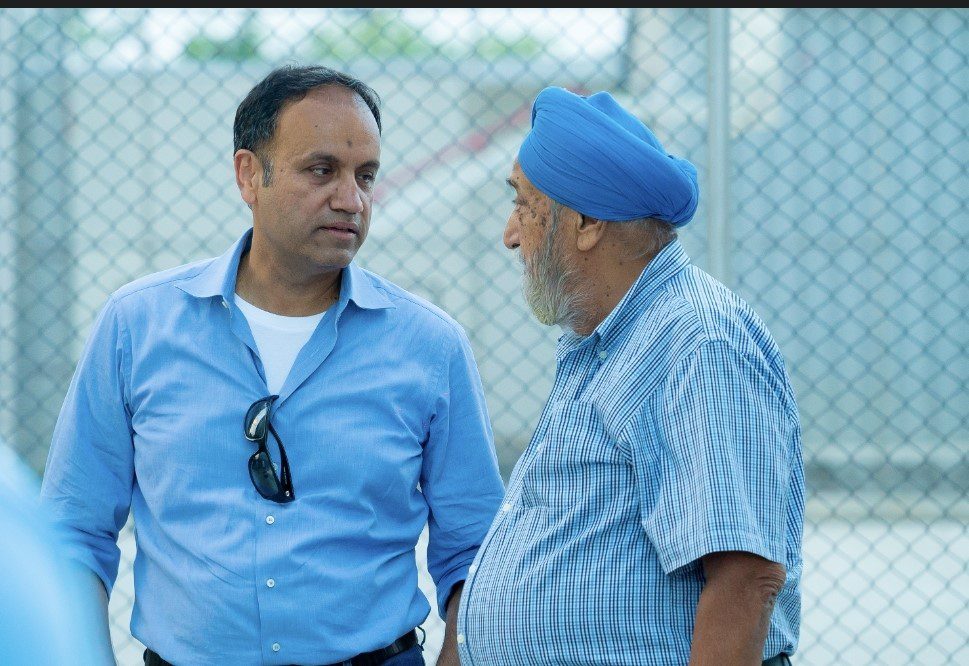 Sunny Singh with his father Sarpal Singh[/caption]
Sunny Singh with his father Sarpal Singh[/caption]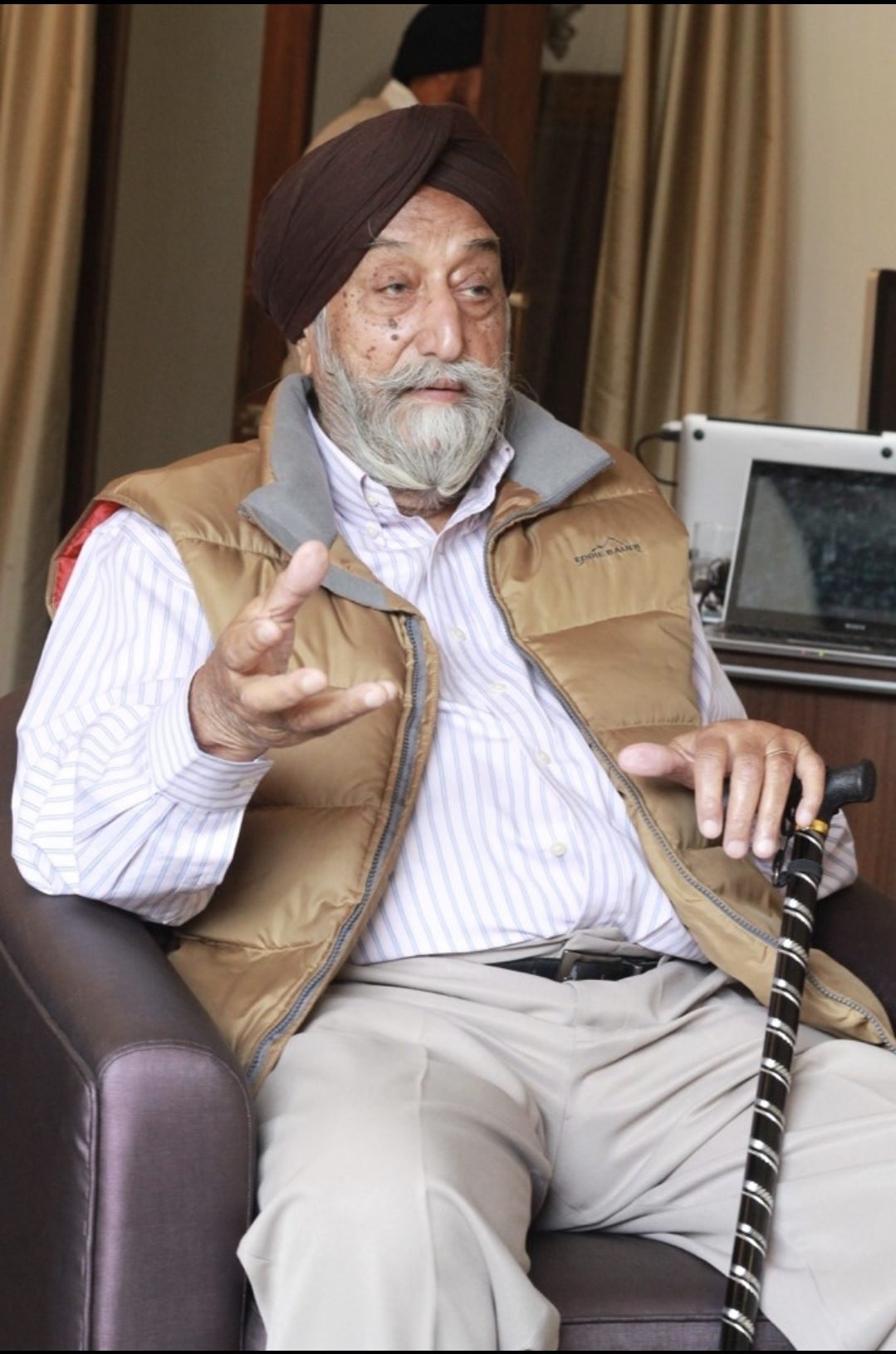 Sarpal Singh is a veteran hockey player[/caption]
Sarpal Singh is a veteran hockey player[/caption]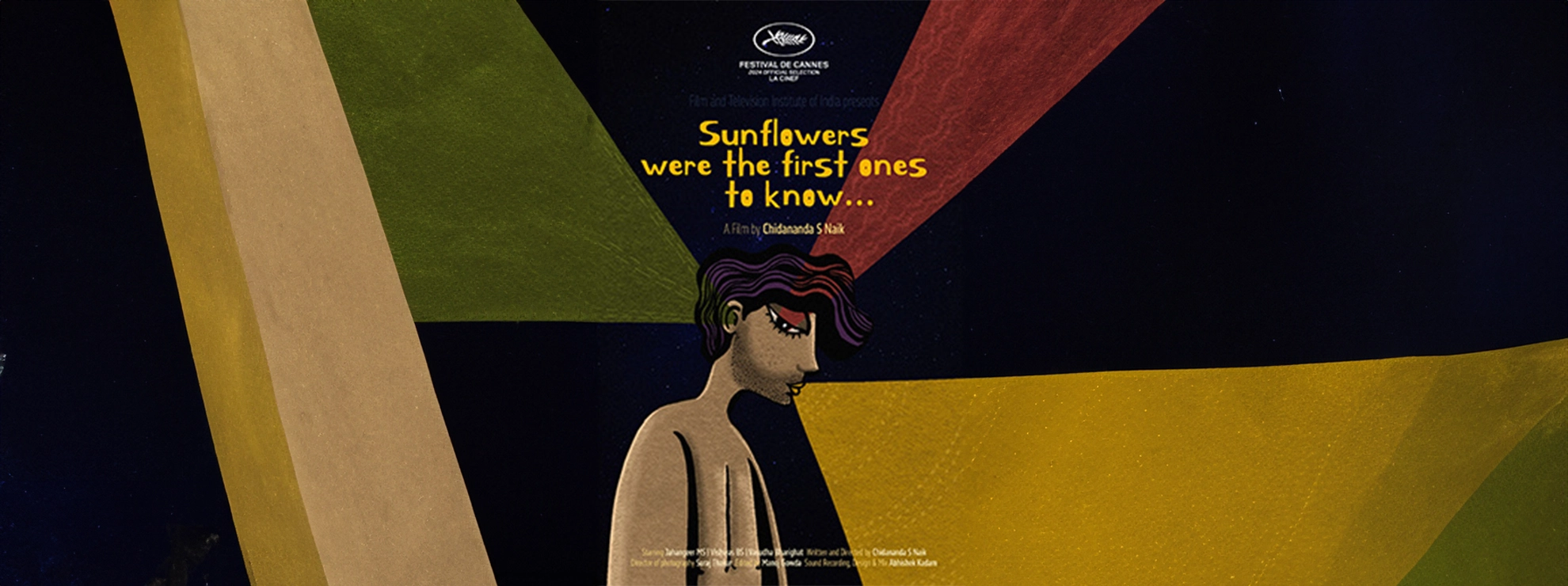
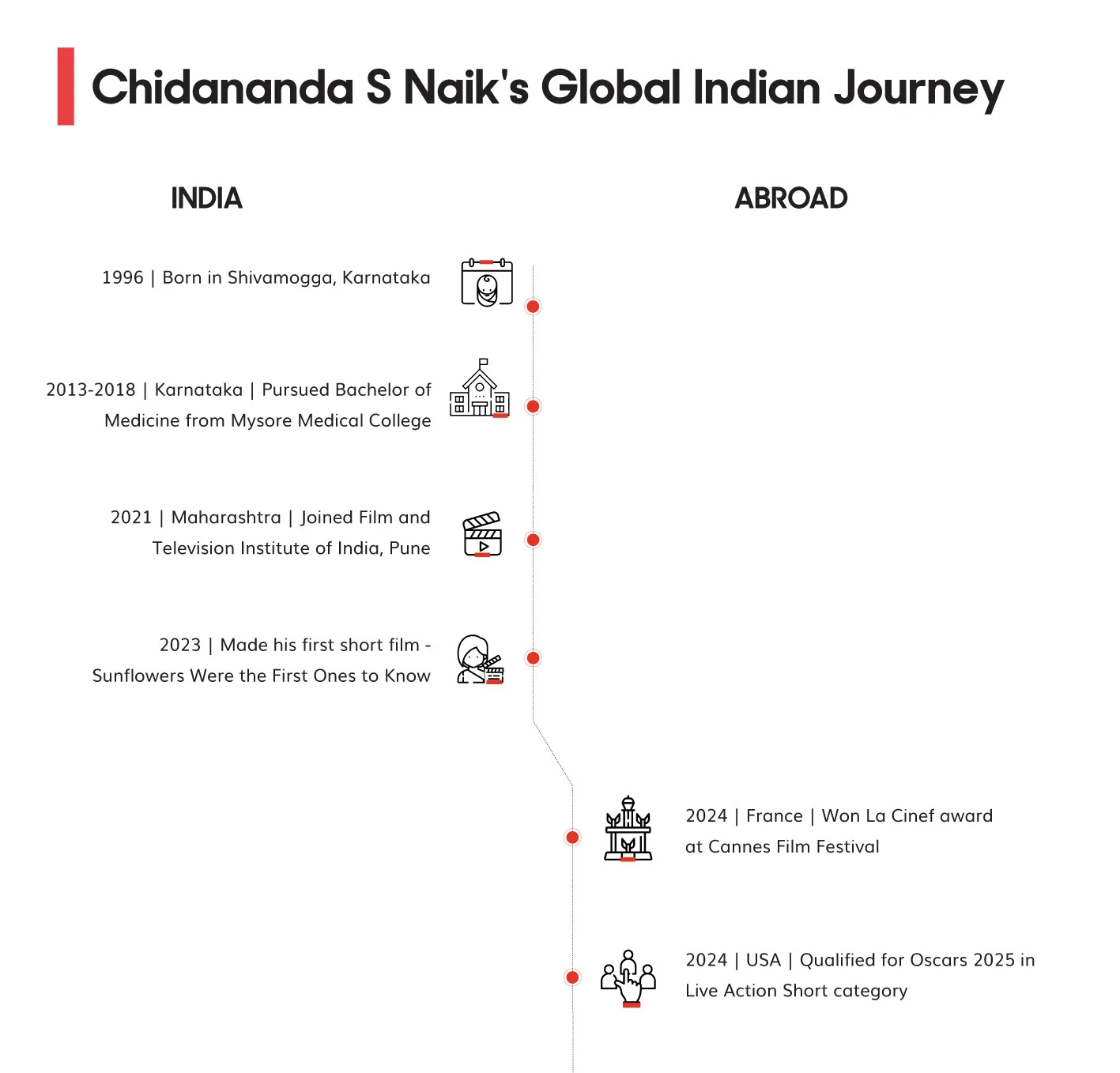
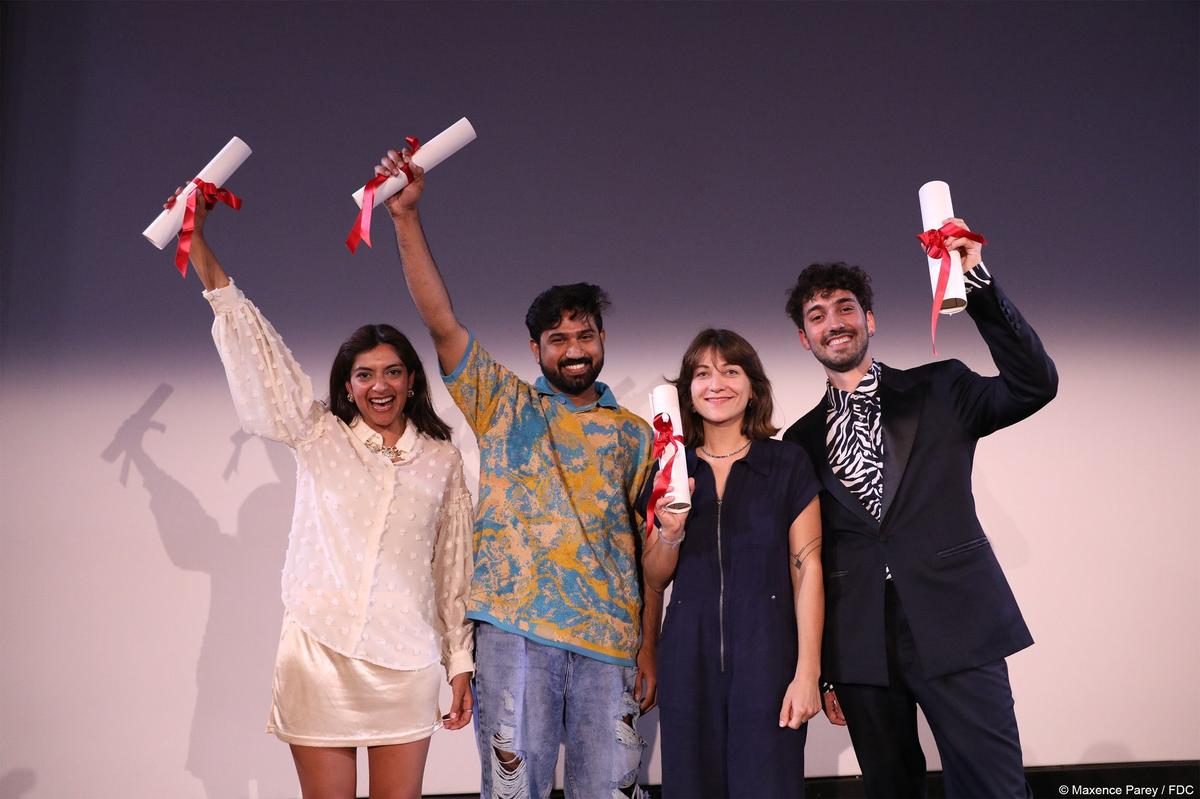 Chidananda Naik at Cannes Film Festival[/caption]
Chidananda Naik at Cannes Film Festival[/caption]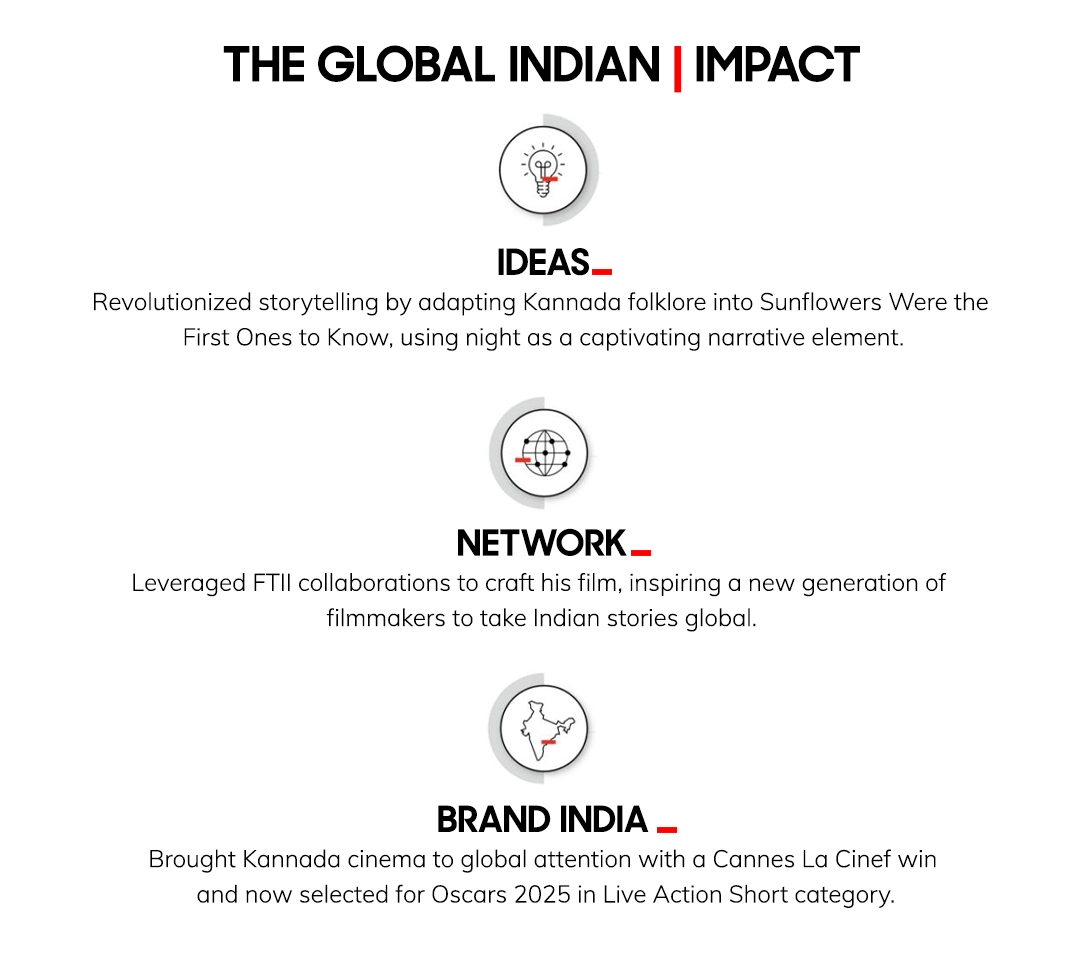

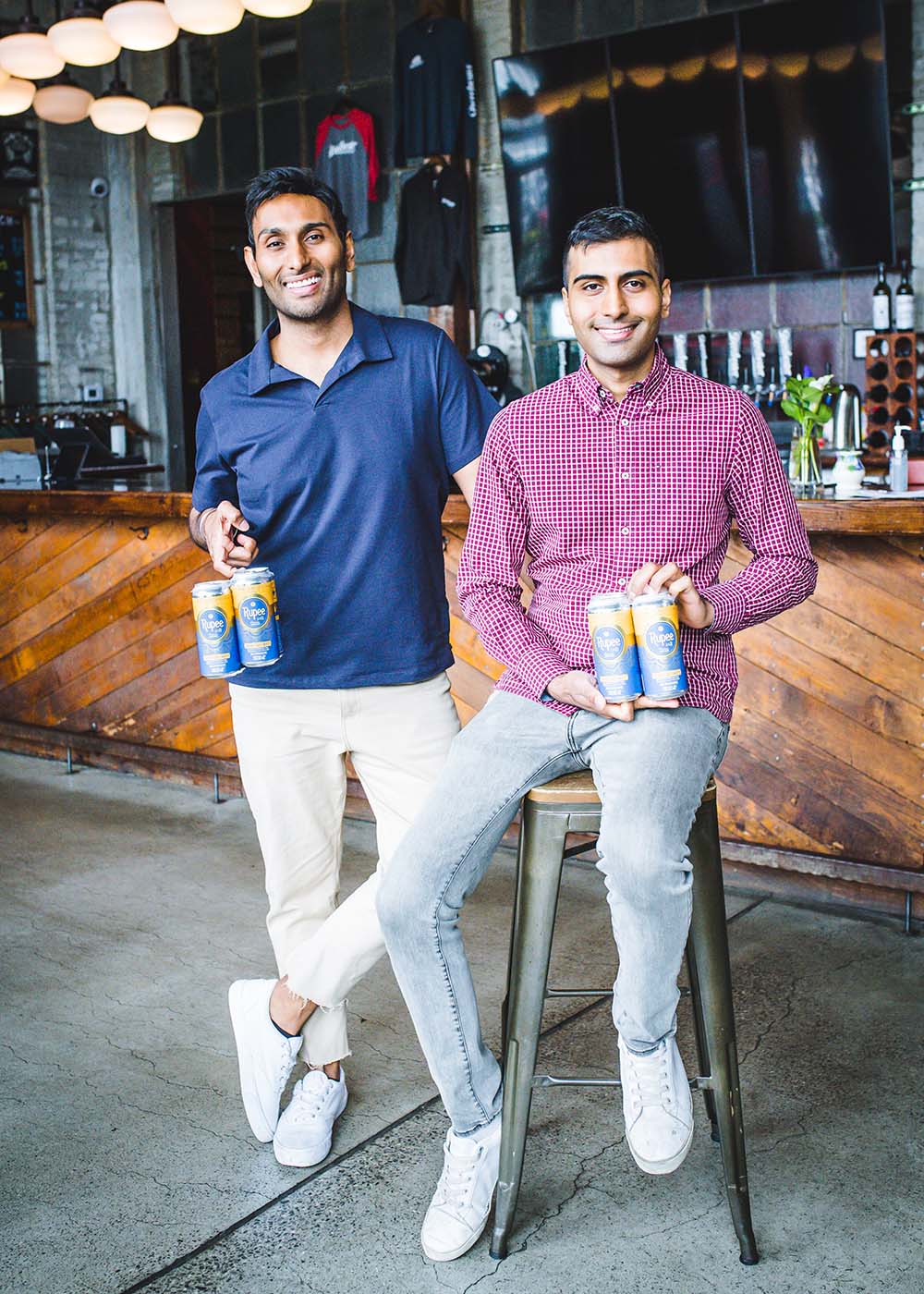 Van and Sumit Sharma[/caption]
Van and Sumit Sharma[/caption]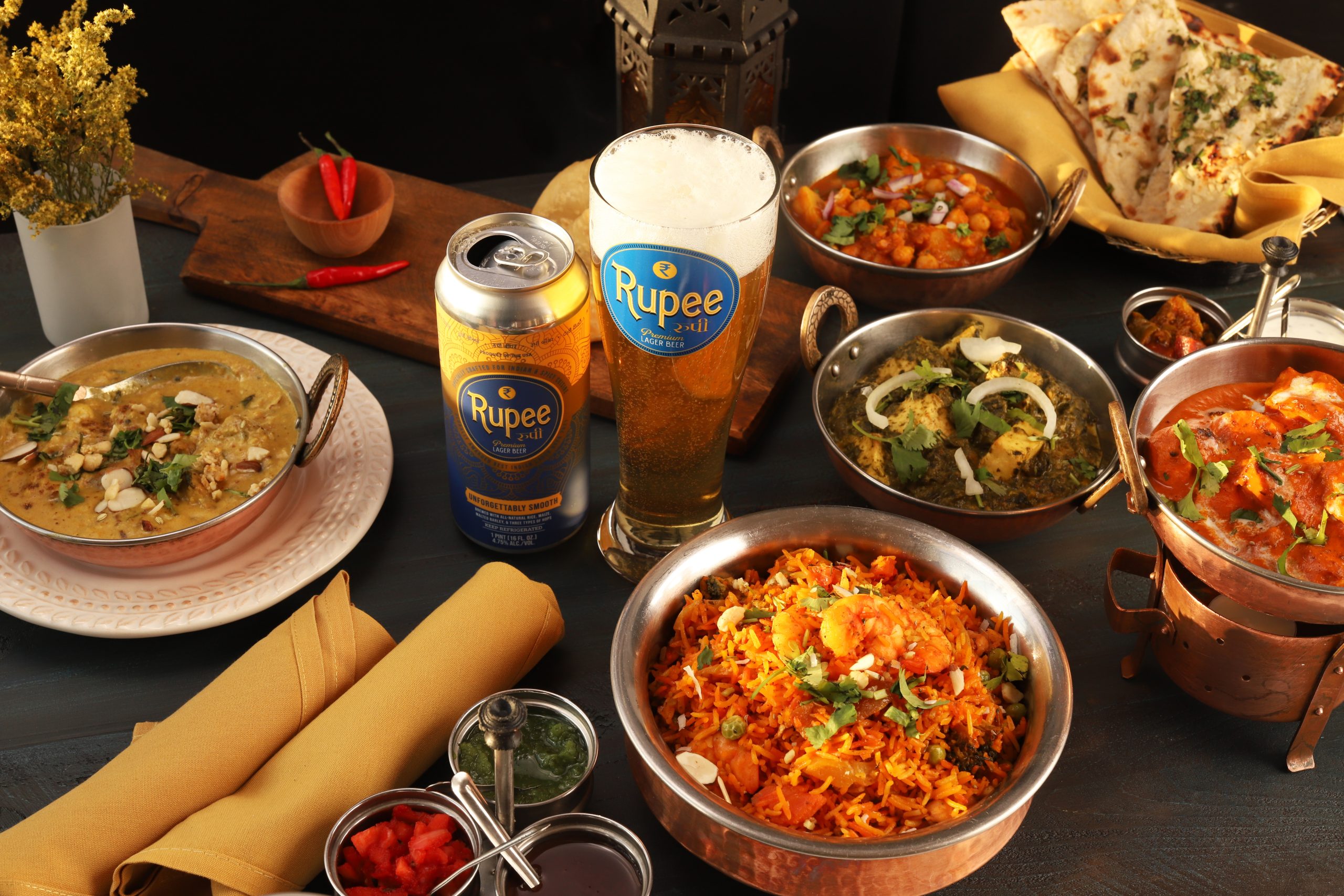 Rupee Beer pairs well with Indian cuisine[/caption]
Rupee Beer pairs well with Indian cuisine[/caption]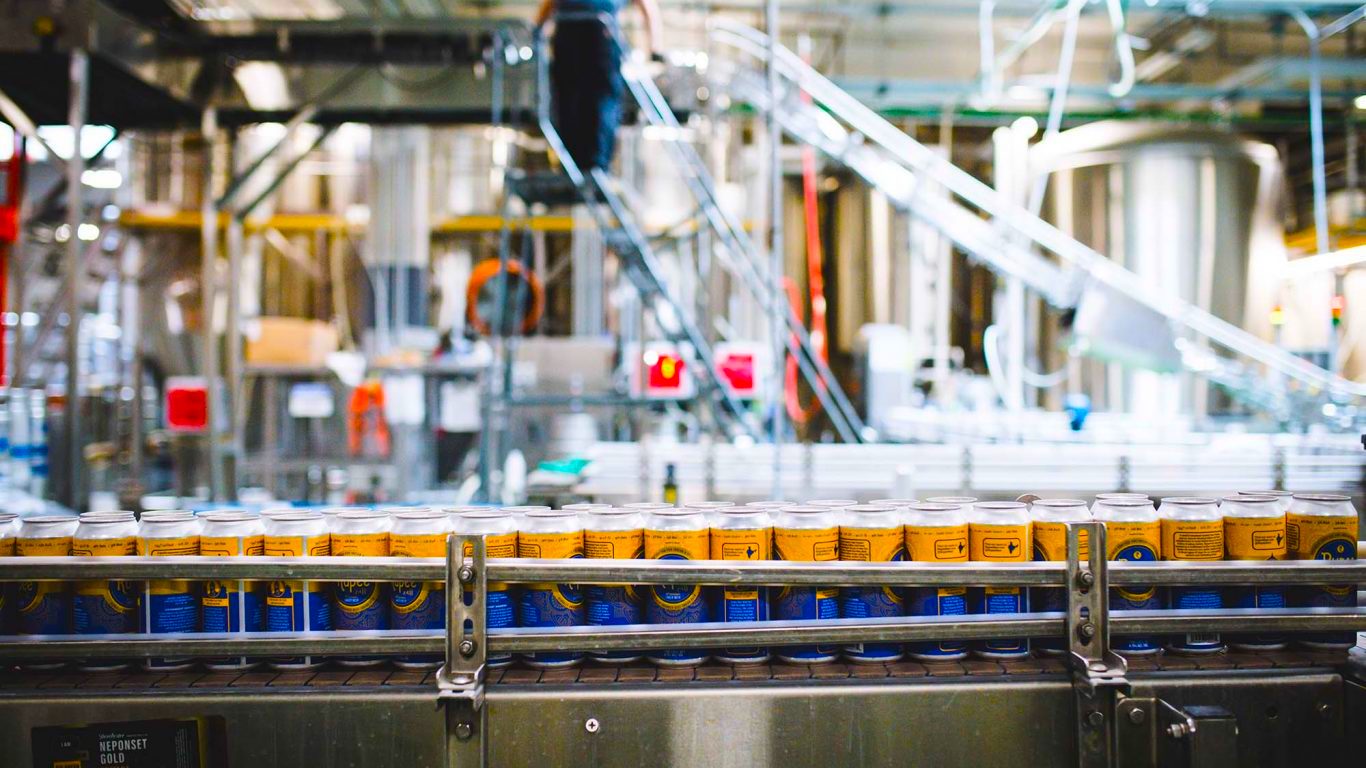 Packaging of Rupee Beer in progress[/caption]
Packaging of Rupee Beer in progress[/caption]
Mazel tov Reena ji
We are proud of you
Stupendous Achievement
Chef Israel Bhooshi
Deshi born Kashmir fauji dad
Raised all over India